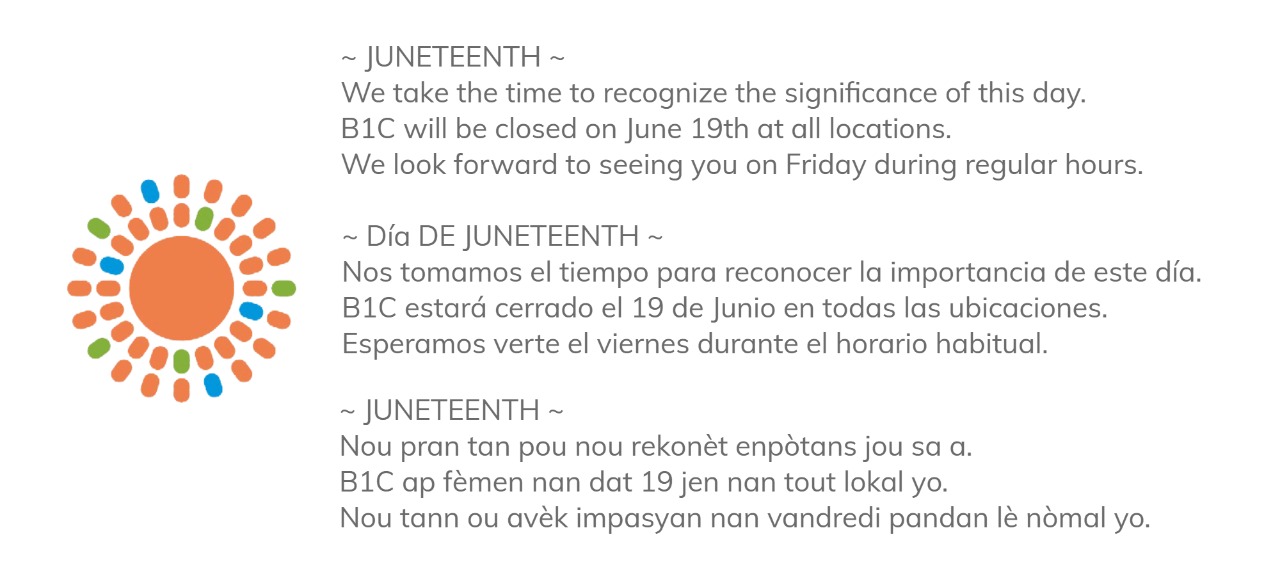Executive Orders create hope for immigration reform
President Biden begins his term with the promise and commitment to immigration reform. B1C looks forward to updating our community as these initiatives advance.
One day one, Biden signed a flurry of executive orders on immigration. The most important are:
- Revision of Civil Immigration Enforcement Policies. This order revoked President Trump’s 2017 executive order which called for U.S Immigration and Customs Enforcement (“ICE”) to broadly and aggressively enforce immigration laws against all undocumented individuals regardless of any criminal background. The Biden administration pledged to “reset” immigration enforcement policies and practices, to focus on persons with criminal records and who pose a threat to the community.
- Interagency Task Force on Reunification of Families. This executive order “condemns the human tragedy that occurred when our immigration laws were used to intentionally separate children from their parents or legal guardians.” The order established a task force focused on identifying children separated from their families at the U.S.-Mexico border.
- Termination of Emergency Funding for the Border Wall. President Biden terminated the Trump proclamation which allowed him to use emergency powers to fund the construction of the U.S.-Mexico border wall and to halt ongoing construction.
- Deferred Action for Childhood Arrivals (“DACA”). The President ordered the Secretary of Homeland Security to take all actions to “preserve and fortify” DACA, which Trump had attempted to abolish. He further called on Congress to pass legislation to make Dreamers immediately eligible for permanent residence and for citizenship after three years.
- 100-Day Deportation Moratorium. The Department of Homeland Security was ordered to stop deportation of most individuals that arrived in the U.S. on or before November 1, 2020. During this moratorium, DHS will review its enforcement policies and provide recommendations for conducting immigration and asylum processing “fairly and efficiently.”
Unfortunately, a U.S. District Court Judge in Texas issued a temporary restraining order barring the government from enforcing this moratorium. B1C will keep you updated as this plays out in the court system.


